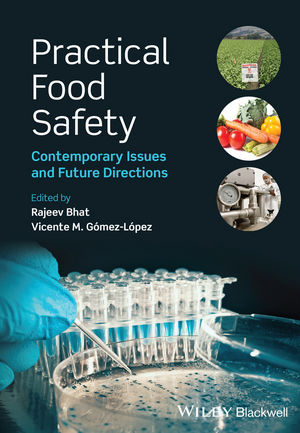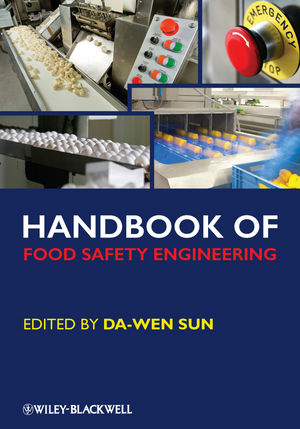‘Future of Food Safety Auditing’ Whitepaper Released

Image credit: Andresr/E+ via Getty Images
The Think Tank on the Future of Food Safety Auditing was established in August 2023 in response to an urgent need for innovation in food safety auditing. The initiative aimed to elevate governance, processes, and practices. The Think Tank concluded its activities in April 2024, marking a significant milestone in the quest for a safer food supply chain.
Throughout its tenure, the Think Tank brought together professionals from diverse backgrounds and countries, contributing various perspectives to the discourse. This global assembly conducted deep analyses and proposed a series of strategic recommendations that have laid the groundwork for transformative change in food safety auditing.
Based on the vital insights and strategic recommendations from the Think Tank on the Future of Food Safety Auditing, the food and beverage industry must embrace and fast-track transformative change in food safety auditing practices. We find ourselves at a pivotal moment where adopting these improvements is not merely advisable—it is imperative.
Industry leaders are called upon to elevate safety protocols beyond simple compliance. It is essential to view food safety audits as evolving tools for continuous enhancement, not just as checklists for compliance. Integrating digital technologies will boost audit efficiency, accuracy, and transparency. Food safety auditing should shift from backward-looking to forward-thinking.
We urge companies and their stakeholders to work together to improve the governance of food safety auditing. This includes striving to harmonize audit schemes to eliminate inefficiencies and redundancies, and ensure that protocols are uniformly stringent and effective across all regions.
The food and beverage industry must cultivate an environment of open collaboration and knowledge-sharing among all stakeholders. This will enable faster dissemination of best practices, innovative solutions, and collective responses to emerging food safety challenges.
There is a pressing need to enhance the training and development of food safety auditors. This includes the technical aspects of auditing and soft skills crucial for effective communication and problem-solving. Promoting the auditing profession as a powerful career step is a clear need.
We would like to call on academia to spend more resources on researching food safety auditing. This will help the industry and stakeholders identify improvement areas and opportunities to shape the future of the discipline.
We call for active and continuous engagement from all industry stakeholders, including producers, distributors, and retailers. By involving diverse perspectives, we can ensure that food safety auditing processes are comprehensive and inclusive.
Finally, the industry must shift from a reactive to a proactive stance on food safety. By anticipating potential issues and implementing preventive measures, we can safeguard public health and bolster consumer trust.
The journey to safer food for all requires dedication, innovation, and a shared commitment to excellence. We invite all food and beverage industry members to join us in this pivotal movement, implementing the Think Tank's recommendations to create a legacy of improved food safety that will benefit future generations.
Together, we can redefine the standards of food safety auditing across our global food supply chain.
The Future of Food Safety Think Tank whitepaper is now publicly accessible. We invite you to read it for more insight and share it within your network. The whitepaper can be downloaded for free here.Looking for a reprint of this article?
From high-res PDFs to custom plaques, order your copy today!









